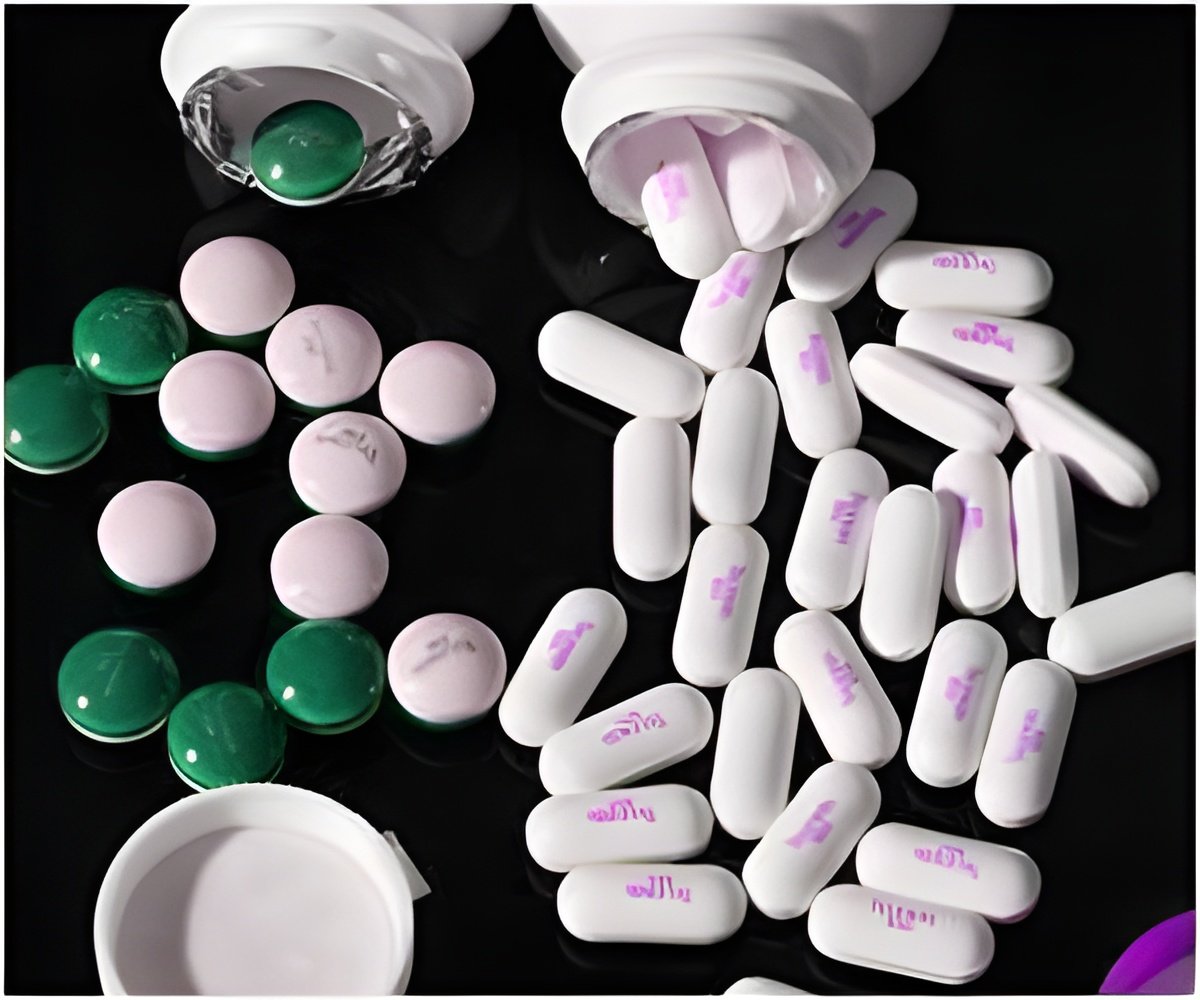
‘There is a lack of consensus among researchers globally about the number of medications that would quantify polypharmacy.’
Tweet it Now
The rationale for polypharmacy is
not clear. Etiologic factors are patient demographics (age, gender,
race, low socio-economic status), personality disorder
(obsessive-compulsive, borderline), psychiatric conditions (psychosis,
schizophrenia, affective or mood disorders), comorbidities, severity of
disease, treatment- refractoriness, prescribing practice, inpatient or
outpatient setting, concern for reduction of extra-pyramidal and other
side effects. Psychiatric polypharmacy is seen not only in adults but also in youths. Among children and adolescents' the polypharmacy correlates are age (13 -15 years), male gender, caucasian race, low socio-economic status, medicaid or public insurance, disability, and foster care or child custody outside of biological family.
Pediatric polypharmacy is also associated with a diagnosis of behavioral disorder, autism spectrum disorder, ADHD, conduct disorder/oppositional defiant disorder, personality disorder, violence, tics, psychosis, affective and mood disorder.
The concurrent administration of multiple drugs increases the risk of drug interactions and adverse effect including morbidity and mortality. Psychiatric polypharmacy is also associated with cumulative toxicity, poor medication adherence and treatment non-compliance. Thus, psychiatric polypharmacy poses a significant public health problem. However, not all polypharmacy is harmful.
Polypharmacy is proven to be beneficial in patients with psychotic, mood or affective disorder having dual diagnosis with substance abuse, personality disorder (obsessive compulsive) and comorbid conditions including thyroid, pain or seizure disorder.
Advertisement
Source-Eurekalert









